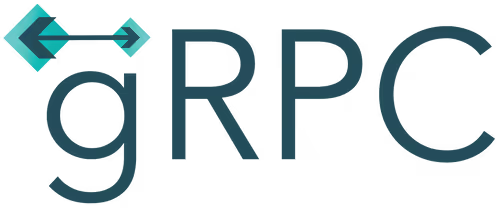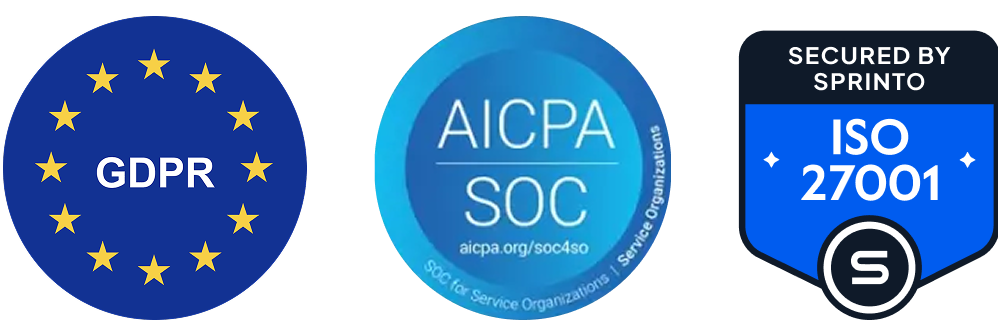Product
.svg)
.svg)
.svg)
Platform



.svg)
ToolJet’s gRPC integration helps you build efficient internal tools that communicate directly with gRPC services, ideal for high-performance, real-time applications.
ToolJet’s gRPC integration helps you build efficient internal tools that communicate directly with gRPC services, ideal for high-performance, real-time applications.
.svg)




.svg)












